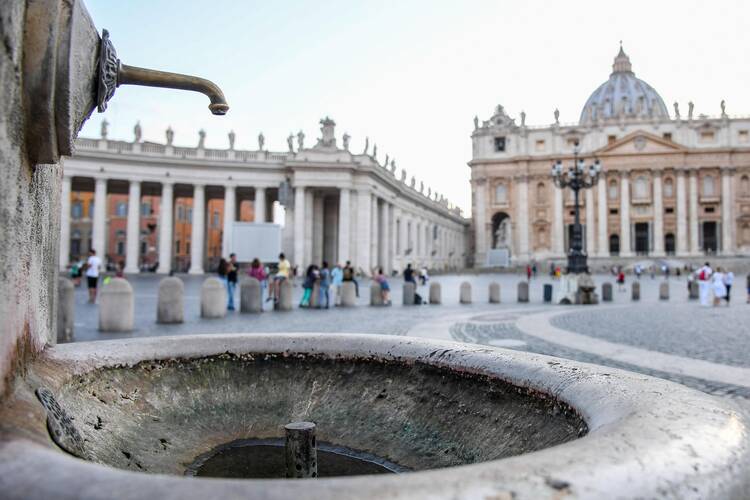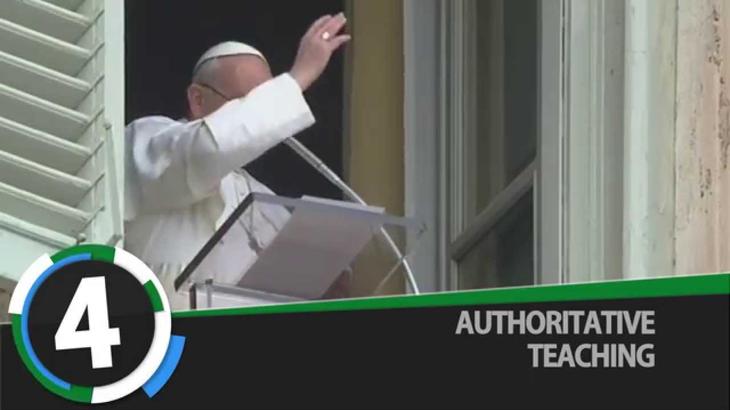VATICAN CITY (AP) - The Vatican says it is shutting off all its fountains, including those in St. Peter's Square, because of Italy's drought.
Vatican Radio on Monday said the decision is linked with Pope Francis' teachings on the environment. The pope has decried wasteful practices and praised clean drinking water as vital for both people and the environment.
Meteorologists say spring 2017 was Italy's third-driest in some 60 years. The drought has put Rome at risk for drastic water rationing, a measure being considered later this week by authorities.
Vatican Radio said all of Vatican City's fountains will go dry, including those in its gardens, to help save water.
Francis laid out his fears for the future of the world's environment in a 2015 encyclical, "Laudato Si'."











